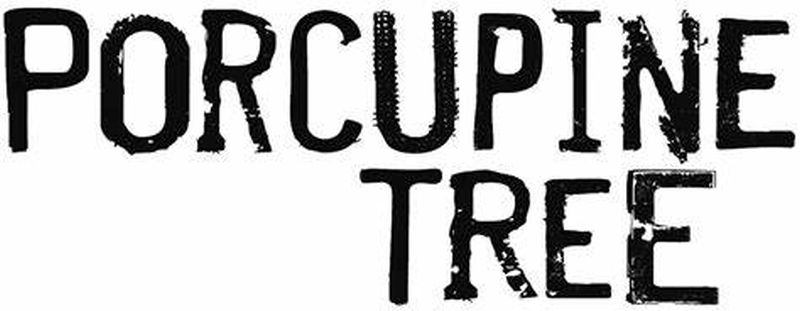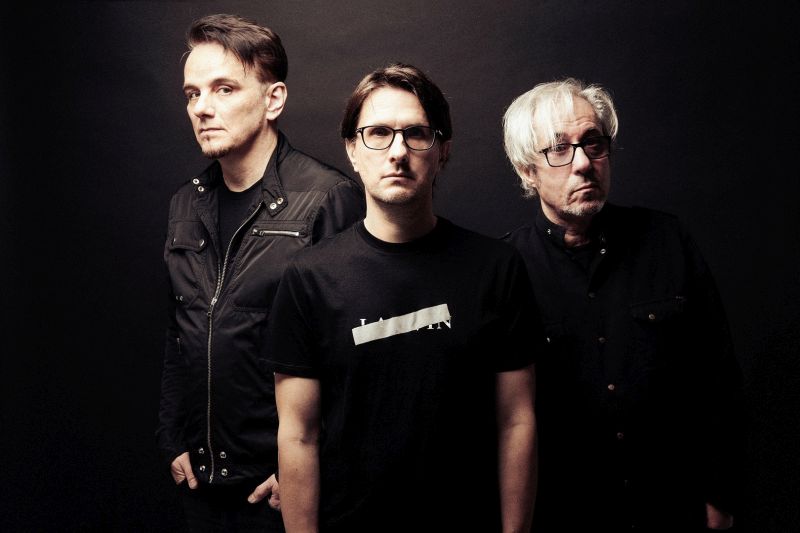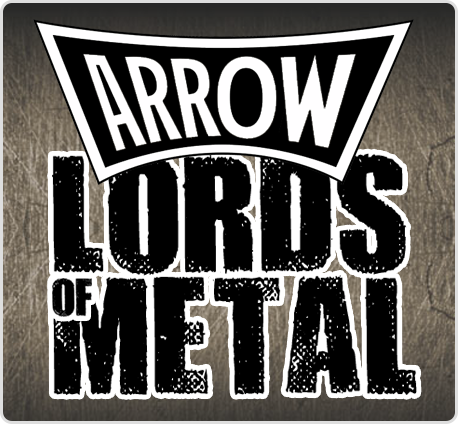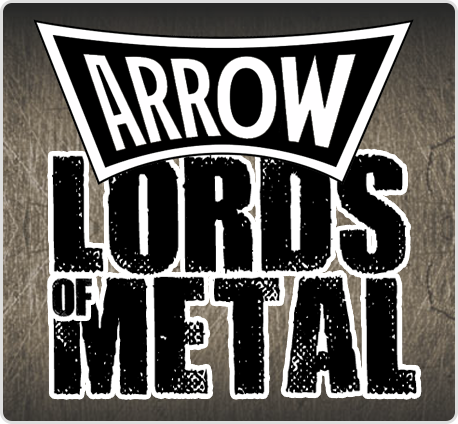
Gavin Harrison: “Things that happened – musically – between the age of 14 and 20, it really shapes your musical taste and you never forget that. It is always an influence on you. When you hear records from that period, it always takes you back to being a teenager when everything was so exciting and interesting and new and influential.”
De kogel is door de kerk: na dertien jaar pauze heeft Porcupine Tree een nieuw album uitgebracht. ‘Closure / Continuation’ – de cd review is vandaag ook on line gegaan – blijkt dan ook nog eens de verwachtingen te overtreffen en dus wilden we zeker met iemand van deze herrezen Engelse progressieve rockband spreken. Het werd drummer Gavin Harrison en hij antwoordde met plezier op al mijn vragen vanuit zijn stulpje in Londen.
Vera Matthijssens Ι 29 juni 2022
When and how was actually decided that you would create a new album under the moniker of Porcupine Tree?
Well, I think we decided in 2019, to collect the songs we had written from 2012. We felt we had good songs and we had enough songs to make a good record. So we had a meeting in 2019 and said: ‘okay, I think we got a record’. Of course the pandemic lockdown gave us the perfect opportunity to finish the work that we needed to do to make the record.
I think you and Richard were involved into the song-writing a bit more this time. Can you tell anything about that?
Yes, this is the first Porcupine Tree album where all the pieces were co-written. Myself and Steven, we wrote… we started writing into 2012, writing in my studio. A lot of these pieces have developed into the songs on the record. Richard wrote many pieces and he and Steven collaborated on – I think – two pieces that are on the album. So, unusually we have a lot more collaboration and input on this record than before.
That’s nice, because I think it is always better to work as a team…
Yes, I have done a lot of collaborative work and if you have a good chemistry with the other person, or with the people, it can produce fantastic results. If you just work on your own, it is very predictable.
It is always important for a kind of feedback…
Yeah we all work on our own a lot now. Also for recording, everyone works on their own in their own studio. So you have to make a lot of decisions on your own and sometimes you need immediate feedback by the other people in the room. At least when Steven and I wrote, we were in the same room. We developed things over a few hours or over a few days and we stirred a direction until we were happy with it.
Some of the songs are lengthy, others are quite compact. In which direction did you contribute the most?
Well, I think a song gets as long as it needs to be. Some songs, like ‘Chimera’s Wreck’, it felt like we could take a lot of time to develop the piece and it is the longest song on the album. That took probably a few days or weeks to finish it. It is always a jigsaw puzzle, until you find all the missing pieces and all the parts of the arrangement that make sense, until you are both satisfied with the composition.
What happened to the bass player, Colin Edwin, because he was not in for the ride anymore?
That’s right, yes. Well, a couple of things. First of all, the way this record began life was with Steven playing the bass and he was writing the songs with me, mostly with him playing the bass. He plays in a very different style than Colin. He plays the bass like a guitarist, in a way that we knew Colin would not be able to play like that. Colin had very little contact with us in the last ten years. Maybe I saw him once in the last twelve years. I think Colin moved away from the band and he moved into his own musical universe.
It has been a long time of course, I am glad that you three are still together. One of the songs is ‘Dignity’ and that really reminds me of the sound of the sixties and seventies. Do you agree on that?
Yeah there are always influences of the past. We are all grown-ups. We listen to music for a long time. I grew up in the seventies and in the eighties, so that era of music in the late seventies and early eighties, when I was a teenager, I think that part of your life, the music of that part of your life, stays with you for the rest of your life, for your entire life. Things that happened – musically – between the age of 14 and 20, it really shapes your musical taste and you never forget that. It is always an influence on you. When you hear records from that period, it always takes you back to being a teenager when everything was so exciting and interesting and new and influential.
You started to release singles to precede this album release. ‘Harridan’ was the first video clip we saw. What can you tell about that song?
‘Harridan’ is a song that began with a drum rhythm which I discovered when I was travelling back from South Africa. I was sitting on a plane in Johannesburg, flying back to London. Then I suddenly had this idea for a rhythm and I wrote it on my boarding pass. A few weeks later, I saw Steve. Steve came to my studio and I said: ‘listen, I have got this little bit unusual rhythm to play to you and I imagine a quite busy bass line that goes around the drums.’ So I played the drums with him, he picked up my bass – because I got a bass here the whole time – and he played along and within – I don’t know – thirty seconds, we had the first section of ‘Harridan’ and we both looked to each other and said: ‘oh yes, this is really good’ and the whole song was based on that original rhythm and Steve playing bass. Even in the chorus he was playing chords on the bass. It was a very successful jam that we had. I think we just spent one day, I think we wrote nearly a whole song in one day and we were very happy with it.
Is there a theme involved in the lyrics? For instance the word ‘rats’ looms up more than once…
I guess. I mean, Steve writes the lyrics, I don’t get involved in the lyrics. That is something I have never done. It is really difficult to write good lyrics. I think that is his strength.
And afterwards you don’t talk with him about it, an interpretation or so?
No, I think when you collaborate with someone, the success of it is because you trust the other person. It almost never ever happens, that I don’t like something that Steve sings or lyrics or something that Richard does. I trust those two guys. Sometimes it is a surprise, and sometimes it takes me a few days to understand what they were doing, but I trust in it and eventually they are going to do something I really like. So I don’t need to challenge Steve about the lyrics.
For using words there is always a society you reflect on…
Of course. The song ‘Rats Return’ is pretty much a reflection of today’s politics and what is going on in the world. Especially the British Government and the way they behave. People who want to further their career. They are out for themselves, they are not out for the people. It is all about them. It is about their ego, their narcissism… and I am sure that is happening in politics all around the world. Boris Johnsson followed on from the style of politics that Donald Trump introduced.
And he did the Brexit…
Yeah the most stupid thing you could possible do… to leave the European Union when you are a small island on the edge of the European Union and all or most of your business and your trade is with the European Union. It is a complex matter which I think started actually a good fifteen years ago, the beginning of the idea what became the idea of Brexit, about immigration, about the Right Wing, the rise of the Right Wing and then the conservative government realizing that they needed to get the votes from the people from the Right Wing, because it was growing. So they offered the people a referendum, which was the most stupid thing David Cameron could have done. I’ll never forgive him for that, because he wanted to get votes from the Right Wing, because it was growing. That really was the beginning of what happened with Brexit, but it has all been stupid.
And now he is playing an important role in the war in Ukraine…
I actually don’t trust anything he says, but anyways.

We are not here to talk about politics of course, but it is part of our lives anyways, so I hope you don’t mind…
No, I mean, you are forced into follow politics, because it is affecting your life. So it is not really fair to say I am not interested in politics. You have to be interested in politics, because it is shaping the country, it is shaping the economy, it is limiting what you can do as a musician, it is limiting your profession. So eventually you have to be involved.
Porcupine Tree has always been open to new technologies in their music, but wasn’t it a challenge now after all these years, to create it in a slightly different way?
Oh it was actually quite easy. After twelve years, I think you develop as a person, you evolve as a musician and lots of things have happened to all of us in the last twelve years. I think that the things that happen in your life, subconsciously come through in your music and probably more in lyric writing than in the drumming, but I can recognize that I am a different drummer than twelve years ago.
Did you ever have big heroes on the drums?
Yes of course. I was listening a lot to American jazz music and American funk music. I had a very big hero called Steve Gadd, he was my idol. Luckily enough I got to meet him quite a few times and I got to see him play a lot. So yes, he still inspires me.
People also consider the drummer of Tool, Danny Carey as a special one…
Absolutely. I know Danny Carey, he is fantastic.
Why did you present three tracks as bonus tracks?
Because these three songs did not fit in the format. We wanted to make a kind of 45 minutes album and the flow of the songs was very important. We knew that we wanted to have ‘Harridan’ as the first song and ‘Chimera’s Wreck’ as the last song. It was important to us that we had a good flow on the album. Maybe it is not important to most people who listen in random play or they don’t listen to an album from beginning to end anymore. Maybe the Spotify generation just listens to one song or one song on YouTube, but because we are really old, we like to have an album which sounds like an album. We really liked those other three songs and any of them were good enough to be on the album, but we just could not make them fit in a good flow and make a good 50 minutes record.
What can you tell about the visual aspect of the video clips? Is there a chance to shoot one on location?
I think the first three songs all have – what we call – lyric videos. I don’t know how much difference a video makes. I mean, maybe if you just put a picture of the album and the music, then people just listen to the music. If you give them a video, then they are going to watch the video and the last video ‘Rats Return’, that is quite unusual for us. That was quite a cinematic storyline with obvious references and that is quite unusual for Porcupine Tree to do that.
Is it something you want to go further into?
Well, in our shows we have a lot of projections, we always had and on this next tour there will be a lot of projections of images and videos, but not all the time. Probably 50% of the show will have real videos, sometimes just slow moving imagines, just to fill the screen.
The music of Porcupine Tree is rather soaring and atmospheric, but on the other hand we have the electronics which are also a great part of the music. Did you see it increase on this album or less?
Yes, I think there is less rock guitar on this record than on previous records and I know that Richard and Steven are very interested in electronic music. I think Steven has been moving into more electronic music in his solo career. Obviously, for Richard, that is his speciality, that is the world he lives in, of electronic sounds. I don’t know if that is anything that will influence us in the future possibly, I don’t know.
Talking about your other activities, what is going on with King Crimson?
Well, at the moment it is not going anywhere with King Crimson. At the moment there is a hiatus with King Crimson. We stopped in December in Japan last year and there are no immediate plans to do more with King Crimson at the moment. I have been playing in another band called The Pineapple Thief and we have done a lot of touring in the last few months. So next we will start to write a new record that will be released next year.
If I remember well, you even contributed to Fates Warning last album…
Great band. I played on two albums of a band called OSI. Jim Matheos played in OSI and he is the guitar player of Fates Warning and actually what happened was that he said: ‘There is a song that we will be writing together from ten years ago’ and he said ‘I love the drumming, but we did not use the song on OSI and he asked: ‘can I use that drumming, because I have a really good idea for it on a Fates Warning track? Can I use your drum track?’ and I said: ‘Absolutely’. So I didn’t kind of really play on a Fates Warning album, they just used my drumming on what was a demo that I did with Jim for an OSI album, long before that.
Porcupine Tree is going to tour and then you use session musicians. Did they play anything on the album or are they only hired guns for the shows?
They are only going to play on the shows. The entire Porcupine Tree album is just myself, Richard and Steven. There is nobody else on it. We produced it, we mixed it, recorded it. It is only the three of us. When we will play live, we will have two other guys: Nathan Navarro and Randy McStine (guitar and bass).
You are welcome in the Netherlands, Ziggo Dome on November, the 7th, but how long is this tour actually?
The tour is very short. We are only going to play 26 shows. Fourteen on the North American side which means two in Canada, ten in the US, one in Mexico and one in Santiago de Chile and then we are going to play twelve shows in Europe.
The title ‘Closure / Continuation’ is open for interpretation. Are you going to close or continue after this?
Yeah, we don’t know. I mean, it was nice when we made this new record. We had no pressure. We had no record deal, we had no deadline, no management or promoters or agents telling us to finish this in time and it was very comfortable like that, because before we stopped in 2010, we had a continuous cycle of making albums, writing, recording, touring, making another album, writing, recording, making another tour… So it is nice to keep it open, because if we want to do it again, we will do it again. We did not feel like the tour in 2010 was a good way to finish, so if this is the last album and the last tour, I think it will be a very nice way to finish. At this moment we don’t know if we will do any more.




